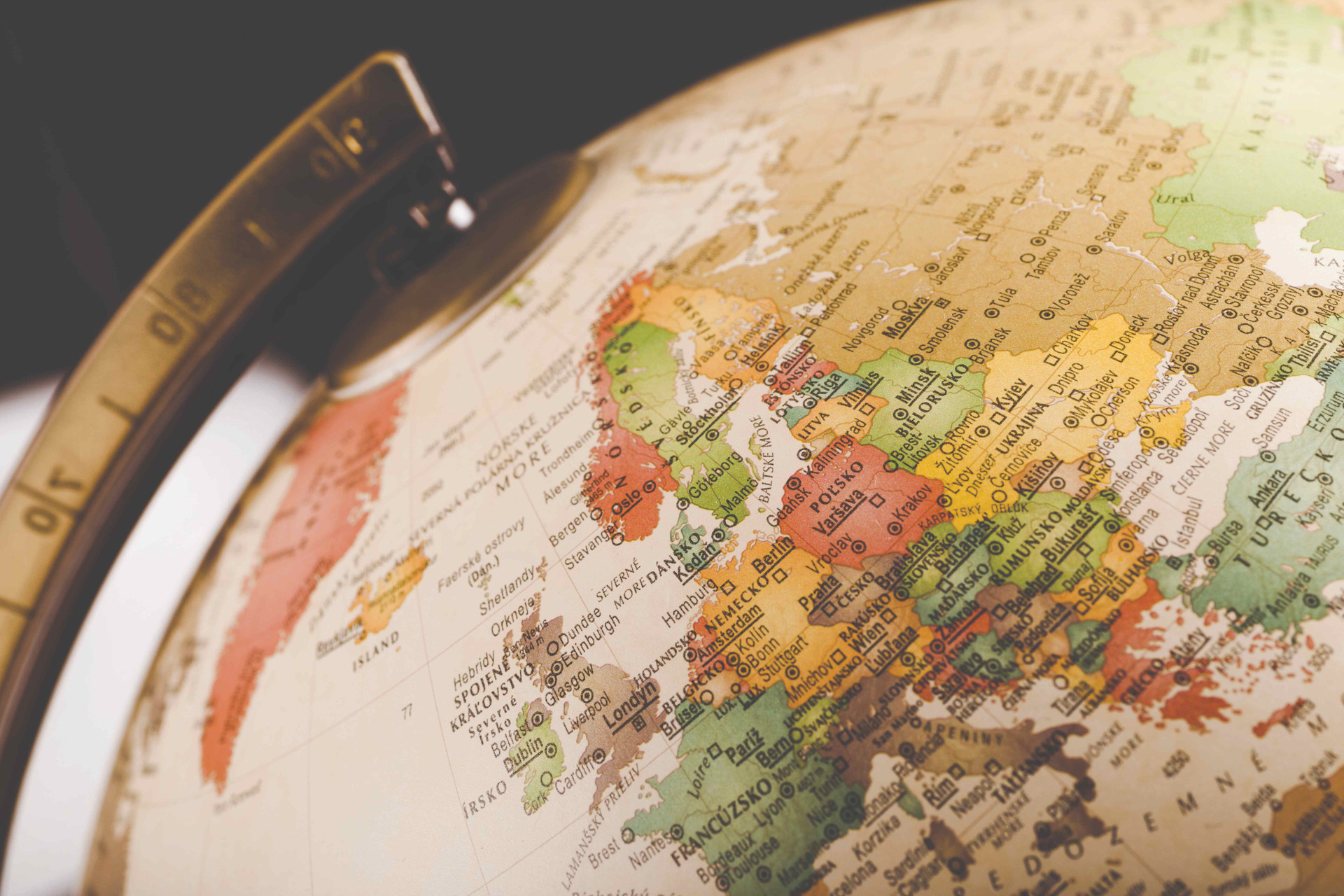Technologies such as electric vehicles (EVs), wind power, and solar power are an important part of accelerating the transition to a low-carbon economy.
Canada – with its abundance of natural resources, including critical minerals essential for making EV batteries, wind turbines, and solar systems work – is now applying a geopolitical lens to the sector in ways that will create risk and opportunity for Canadian firms and investors.

The latest evidence came on Nov. 2, 2022, when Canada’s federal innovation minister, François-Philippe Champagne, ordered three Chinese companies to divest their stakes in three Canadian mining companies. This was based on national security concerns. The companies are a Vancouver- based firm exploring for rare earth minerals in Ontario and two lithium mining companies with assets in Canada and Latin America. A few weeks later, the
Canadian government published its new Indo-Pacific Strategy, in which it pledged to “[act] decisively when investments from state-owned enterprises and other foreign entities threaten our national security, including our critical minerals supply chains.”
To understand why critical minerals have become a geopolitical issue, it is important to understand their importance to the green transition and China’s role in this emerging technology ecosystem.
Supported by domestic policies designed to speed the electrification of China’s vehicle fleet, demand for EVs and EV batteries in China has soared. Domestic companies have capitalized on the opportunity. Today, 15 of the top 20 global suppliers of EV batteries are Chinese firms. Chinese companies have also built dominant positions in the global production of lithium used in lithium-ion batteries; graphite used in battery anodes; rare earth minerals such as neodymium, used in both EVs and wind turbines; and other critical materials for green technologies, including nickel, copper, and cobalt.
Chinese battery companies, led by global leader CATL, are rapidly expanding their presence in Europe and North America. Further upstream, Chinese-owned mining companies are extracting and processing critical minerals on a large scale across Latin America, Africa, and other regions of the world.

Changing the footprint of the green-tech supply chain while also meeting soaring global demand for critical minerals will be difficult and expensive. Extracting and refining valuable resources like lithium and rare earths is capital-intensive. Mining and processing them can create toxic byproducts that must be carefully managed. Gaining buy-in from local communities and regional, national, and tribal governments for new mining projects is often difficult and politically fraught.
These are just some factors that will make it difficult for any one country – much less a group of like-minded allies – to attempt to re-shore large chunks of these complex supply chains. Without careful management, geopolitically driven efforts to reduce reliance on Chinese-origin inputs could create significant fissures across the supply chain, from mining to finished batteries, just as technology roadmaps are gaining traction and innovation is exploding across the industry.
Geopolitical shifts can create new costs, regulatory complexity, compliance burdens, and reputational issues for companies. However, the mining sector can play a significant role in encouraging and supporting geographical and supply chain diversity while urging governments to be clear-eyed about the costs and to avoid unintended consequences. The stakes for the planet are high